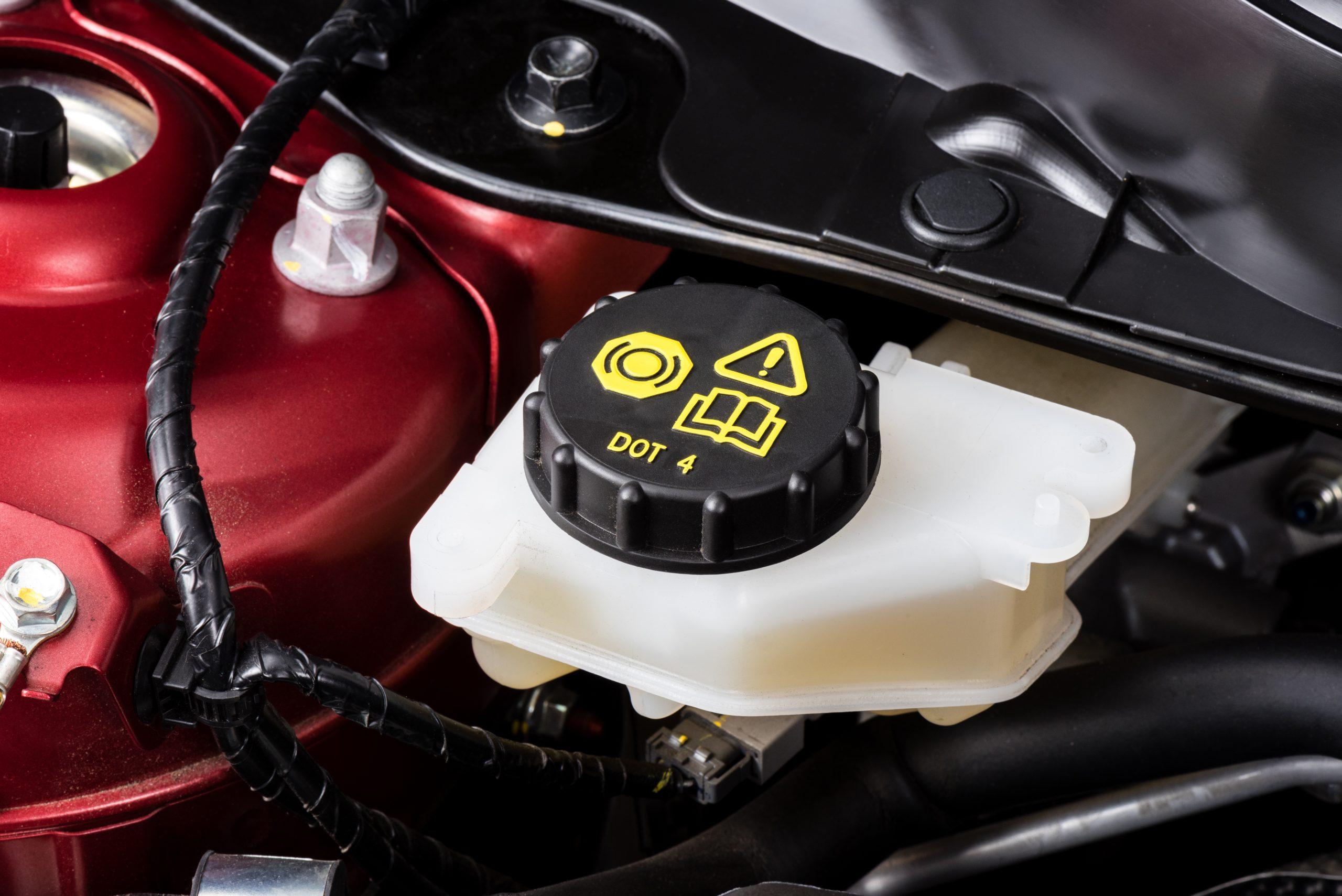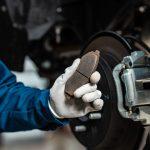
Will My Brakes Work Correctly With Dirty Brake Fluid?
- Harbor Brakes
- December 28, 2023
- Brakes
- brake disc, brake fluid, brake maintenance, brake pads, brake repair, brake rotors, brake service, brakes, pads, rotors
Introduction
One of the most critical components of a vehicle’s brake system is the brake fluid, yet its importance is often overlooked. Many drivers wonder: “Will brakes work without brake fluid?” This article aims to address this question by delving deep into the role of brake fluid and its impact on your car’s braking system.
Understanding the Role of Brake Fluid
Before answering whether brakes can function without brake fluid, it’s essential to understand what brake fluid does. Brake fluid is a hydraulic fluid that plays a pivotal role in the braking system of modern vehicles. It’s designed to transfer the force from your brake pedal to the brake pads and shoes, ultimately slowing down your car.
The Hydraulic Brake System: A Closer Look
- How It Works: When you press the brake pedal, the master cylinder pressurizes the brake fluid, sending it through the brake lines to the calipers or wheel cylinders.
- Brake Fluid Properties: It is a non-compressible fluid that can withstand high temperatures, ensuring consistent braking performance.
Can Brakes Function Without Brake Fluid?
The straightforward answer is no. Without brake fluid, the hydraulic braking system cannot transmit the necessary force to the brake pads and rotors or shoes and drums. This inability results in a loss of braking power, making it extremely dangerous, if not impossible, to stop the vehicle effectively.
The Dangers of Low or No Brake Fluid
- Brake Failure: Without adequate brake fluid, the brake system loses its ability to create the necessary hydraulic pressure.
- Compromised Safety: The lack of braking ability significantly increases the risk of accidents.

The Causes and Consequences of Brake Fluid Loss
Potential Causes of Brake Fluid Loss
- Leaks in the System: Any leak in the brake lines, calipers, wheel cylinders, or master cylinder can lead to fluid loss.
- Wear and Tear: Over time, seals within the braking system can deteriorate, causing fluid to escape.
What Happens When You Lose Brake Fluid?
- Reduced Braking Efficiency: Even a small reduction in brake fluid can lead to a noticeable decrease in braking performance.
- Complete Brake Failure: In cases where the fluid level drops significantly or runs out, the brakes may fail entirely.
Regular Maintenance: Preventing Brake Fluid Issues
Consistent maintenance is key to preventing issues related to brake fluid.
Importance of Regular Brake Fluid Checks
- Routine Inspections: Regular inspections can identify potential leaks or low fluid levels before they become a problem.
- Brake Fluid Flushes: Regularly flushing and replacing brake fluid can prevent contamination that leads to system deterioration.

The Process of Checking and Replacing Brake Fluid
How to Check Brake Fluid
- Visual Inspection: Most vehicles have a transparent reservoir in the engine bay to check the fluid level.
- Quality Check: Assessing the color and consistency of the fluid to determine if it needs changing.
Replacing Brake Fluid
- The Flushing Process: This involves removing the old fluid and any contaminants from the system and replacing it with new fluid.
- Bleeding the Brakes: Ensuring that no air bubbles are trapped in the brake lines, which can impact braking performance.
Understanding Different Types of Brake Fluid
Types and Their Differences
- DOT 3, 4, 5, and 5.1: These are different types of brake fluids, each with specific boiling points and properties suited for various vehicle requirements.
Brake Fluid and Overall Brake Health
While brake fluid is crucial, it’s just one part of a larger system. Ensuring your brakes are in good condition involves checking brake pads, rotors, calipers, and the entire hydraulic system.
Comprehensive Brake System Care
- Regular Pad and Rotor Checks: Ensuring these components are not worn down and function correctly.
- Caliper and Line Inspections: Checking for any signs of wear, leaks, or damage.
Conclusion: The Indispensable Role of Brake Fluid
Brake fluid is essential for the effective operation of your vehicle’s brakes. Without it, the ability to stop your car safely is severely compromised. Regular checks and maintenance of your brake fluid, along with the entire brake system, are vital for ensuring your safety on the road.
Call to Action
Don’t wait for a brake emergency to think about your brake fluid. If it’s been a while since your last brake check or if you’re unsure about the condition of your brake fluid, visit Harbor Brakes and Auto Repair. Our experienced technicians will ensure your braking system, including the brake fluid, is in optimal condition, giving you peace of mind on every journey. Click here to begin.

